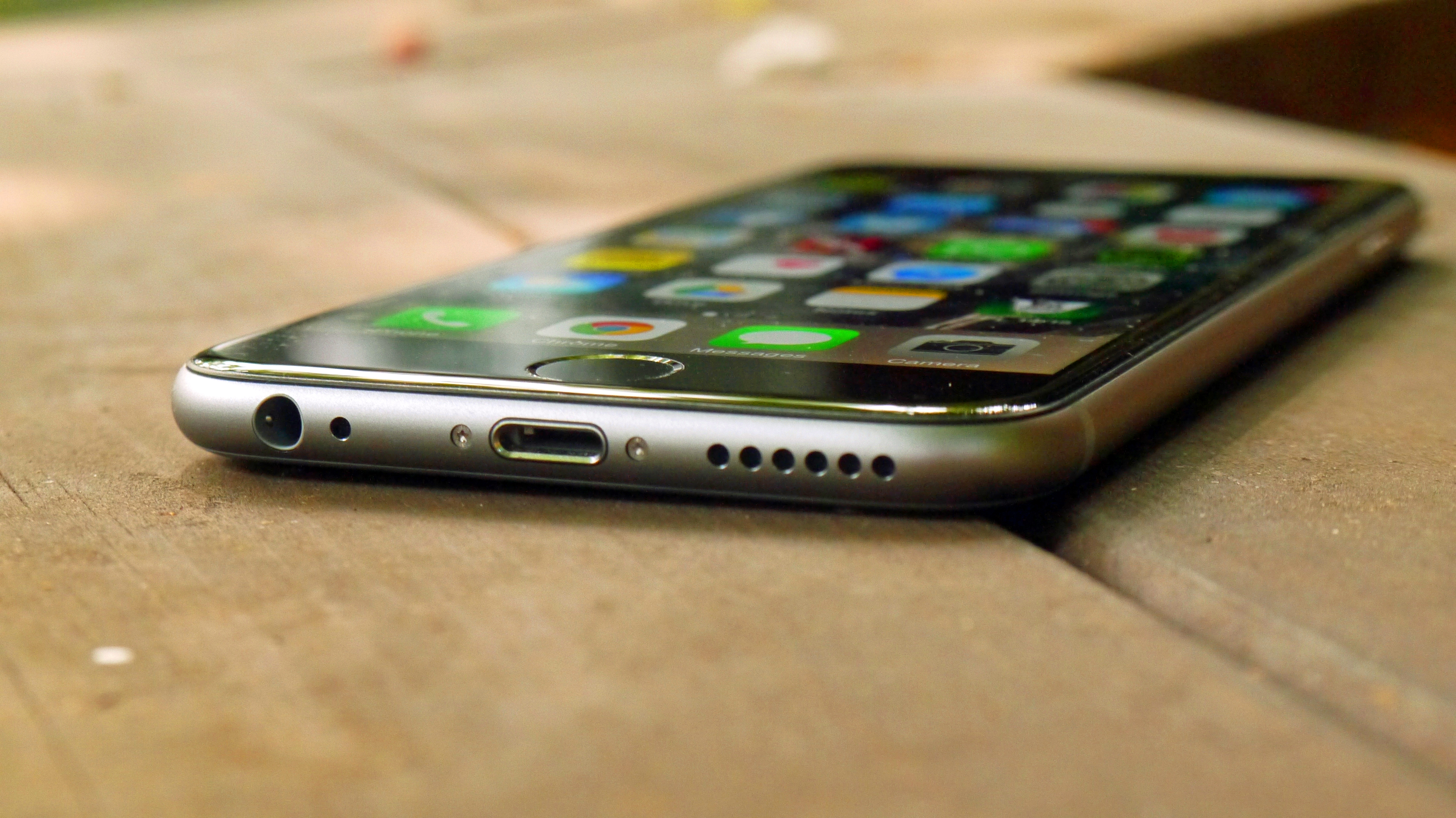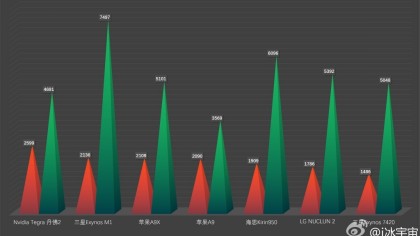Apple's new A9 chip might not make iPhone 6S most powerful around
But loses out to the Samsung Exynos M1

Sign up for breaking news, reviews, opinion, top tech deals, and more.
You are now subscribed
Your newsletter sign-up was successful
You'd obviously expect the upcoming A9 chip in the iPhone 6S to perform better than the A8 in the iPhone 6, but a new Geekbench 3 benchmark suggests the jump could be as high as 20%-30%.
The benchmark, shared on Weibo and spotted by GforGames, shows the A9 chip achieving a single core score of 2090 and a multi-core score of 3569, up from the averages of 1611 and 2892 for single and multi-core respectively on the iPhone 6.
The A9X, which is likely to arrive in the iPad Air 3, also got the benchmarking treatment, scoring 2109 for single-core and 5101 for multi-core, up from 1808 and 4526 for the iPad Air 2's A8X chip.
Apple bests Samsung
Not only do the new processors beat out Apple's old ones by a significant margin though, they also top Samsung's flagship Exynos 7420 (used in the Samsung Galaxy S6 and Samsung Galaxy S6 Edge+) for single-core scores, as that averages just 1486, though it scores an admirable 5048 in multi-core tests.

The leaked benchmarks, which we should point out could easily be faked, also show other upcoming chips, such as Samsung's Exynos M1, which towers above the competition in multi-core results with a score of 7497 and beats out most rivals even for single-core scores with a result of 2136.
That's worth getting excited about as it could be a hint of what to expect from the Samsung Galaxy S7.
Other upcoming chips, including the NVIDIA Denver 2, Huawei Kirin 950 and LG Nuclun 2 also post respectable results and while the A9 fares well compared to the A8 and other current chips it seemingly loses out to most upcoming rivals, especially in multi-core results.
Sign up for breaking news, reviews, opinion, top tech deals, and more.
That is, assuming these benchmarks are even the real deal.
James is a freelance phones, tablets and wearables writer and sub-editor at TechRadar. He has a love for everything ‘smart’, from watches to lights, and can often be found arguing with AI assistants or drowning in the latest apps. James also contributes to 3G.co.uk, 4G.co.uk and 5G.co.uk and has written for T3, Digital Camera World, Clarity Media and others, with work on the web, in print and on TV.